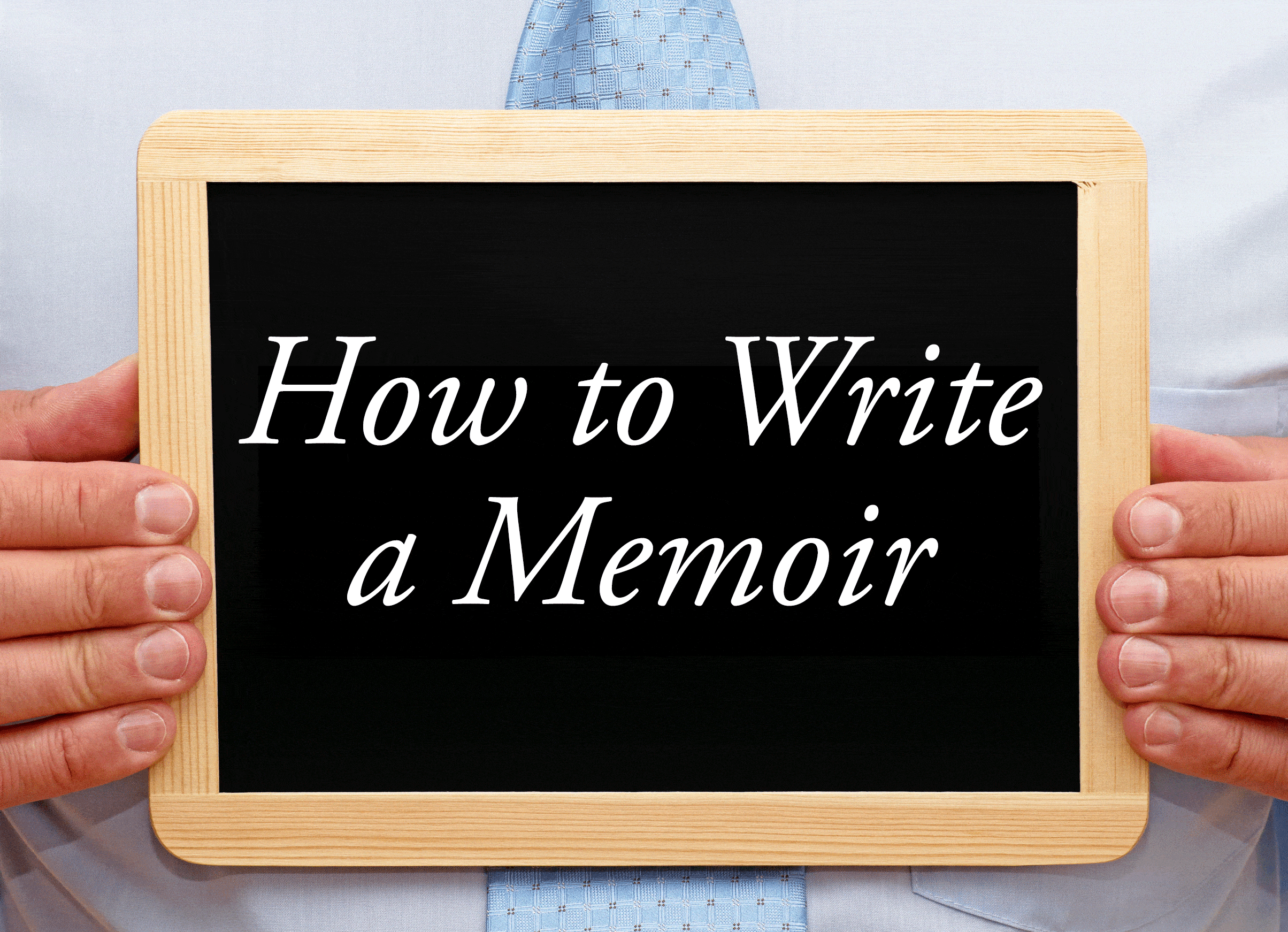Autobiography or Memoir?
Estimated reading time: 4 minutes
Are you writing an autobiography or a memoir?
It might seem like the two are the same, for they are both first-person accounts of a person’s life.
But there’s a big difference between a memoir and an autobiography. And the difference helps determine the content, tone, and style of your book.
An autobiography is the complete story of your life from your birth to the present. It includes all of the important people you’ve known, events you’ve experienced, and places you’ve been. It should also be 100 percent factual, which means that even the smallest bits of dialogue should be quoted verbatim.
A memoir, on the other hand, is an introspective look at a specific “slice” of your life. Perhaps your years in the military or your relationship with your father.
Getting the facts straight is certainly important, but a memoir is a tale told from memory. The point is to invite the reader inside your mind.
Creating your autobiography
The simplest and most direct way to structure an autobiography is to start at the beginning with your birth, and march through to the present day.
However, you may wish to set the stage by writing a bit about your parents or grandparents—either at the very beginning or in flashback—so the reader can better understand the forces that shaped you.
Of course, the autobiography could start with a pivotal event in your life. From there, it would go backward to set the stage before moving forward to the present. The order in which you tell your life story is completely up to you.
One big problem when writing an autobiography is deciding what to include and what to leave out.
You will naturally want to touch upon very important people, places, and events in your life, as well as those less important that are still worth including. Move briskly through the less important parts, and give extra attention to the more significant ones.
But remember that too much detail in any area can bog down the manuscript and make it difficult to read.
Think of your autobiography as a “blueprint” rather than a completely built and furnished structure. Someone should be able to take your blueprint and do a fairly good job of “recreating” you. To do that, they won’t need every single detail.
For more, see “How to Write Your Autobiography.”
Writing your memoir
When writing a memoir, the section of your life presented can take many different forms. For example, it might cover:
- a certain time period (that summer you spent in Europe)
- an event (your involvement in a revolution)
- a long-running series of events (how you built and ran a multimillion-dollar corporation)
- your relationship with other people (the many times you served as a chauffeur to the stars)
But before you begin writing, think about how you can use your story to reveal your thoughts and emotions.
If your memoir covers your army days, for example, it won’t be enough to describe what you did as a soldier. Your readers will want to know how you felt about being in the military and how it changed you, for better or worse.
As with an autobiography, a memoir needs to contain enough factual information so that the reader can understand what’s going on.
But don’t get lost in endless details. Remember that your reader is primarily interested in your thoughts and feelings, which should be your main focus.
A memoir is like an impressionistic painting. It’s detailed enough to set the scene, but mostly concerned with underlying emotions and thoughts.
For more on memoirs, see “What is a Memoir?”
Autobiography vs. memoir
For more reading on the differences between the two, read “Knowing the Difference Between an Autobiography and a Memoir” by Ryan van Cleave. And when you’re ready to get started, see “How to Write a Memoir.”
IF YOU’D LIKE HELP WRITING YOUR MEMOIR OR AUTOBIOGRAPHY…

Contact us!
We’re Barry Fox and Nadine Taylor, professional ghostwriters and authors with a long list of satisfied clients and editors at major publishing houses.
For more information, call us at 818-917-5362 or use the contact form below to send us a message. We’d love to talk to you about your exciting memoir!
Please Note: Although we’re based in Los Angeles, California, we travel around the U.S. and abroad to meet with our authors. We do not ghostwrite screenplays, books for children, poetry, or school papers.









